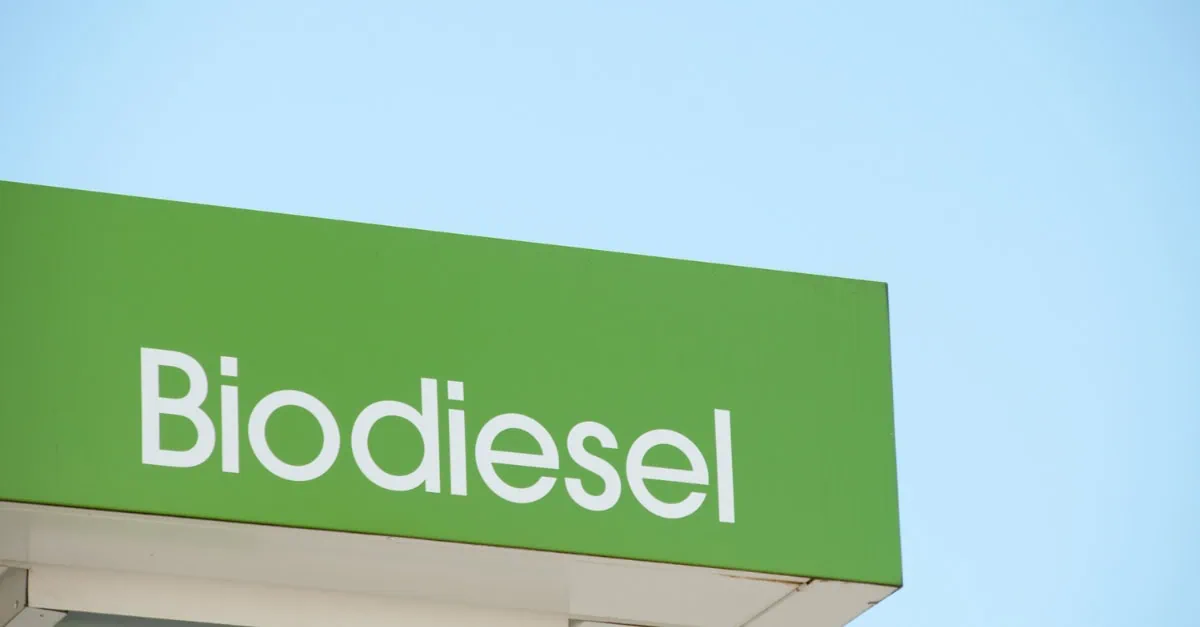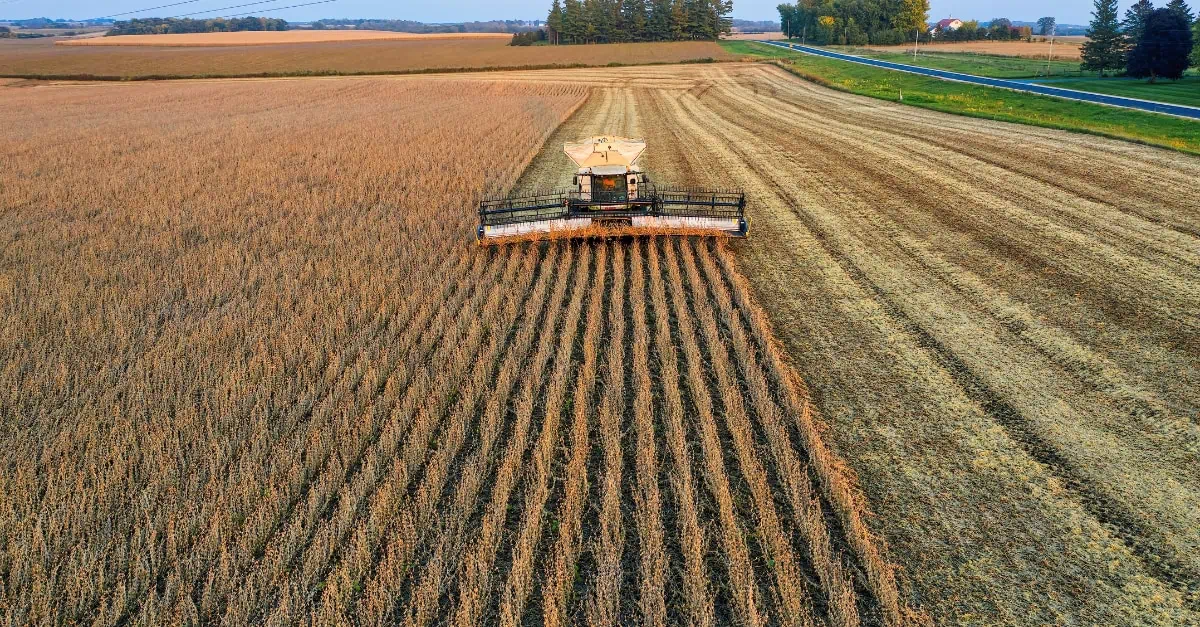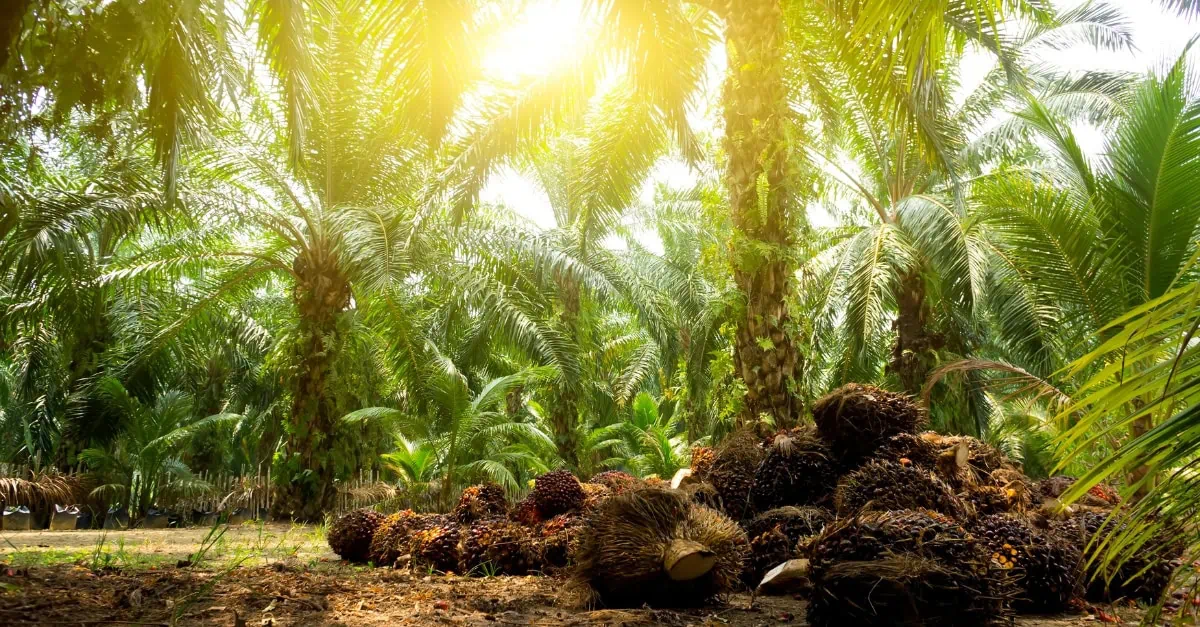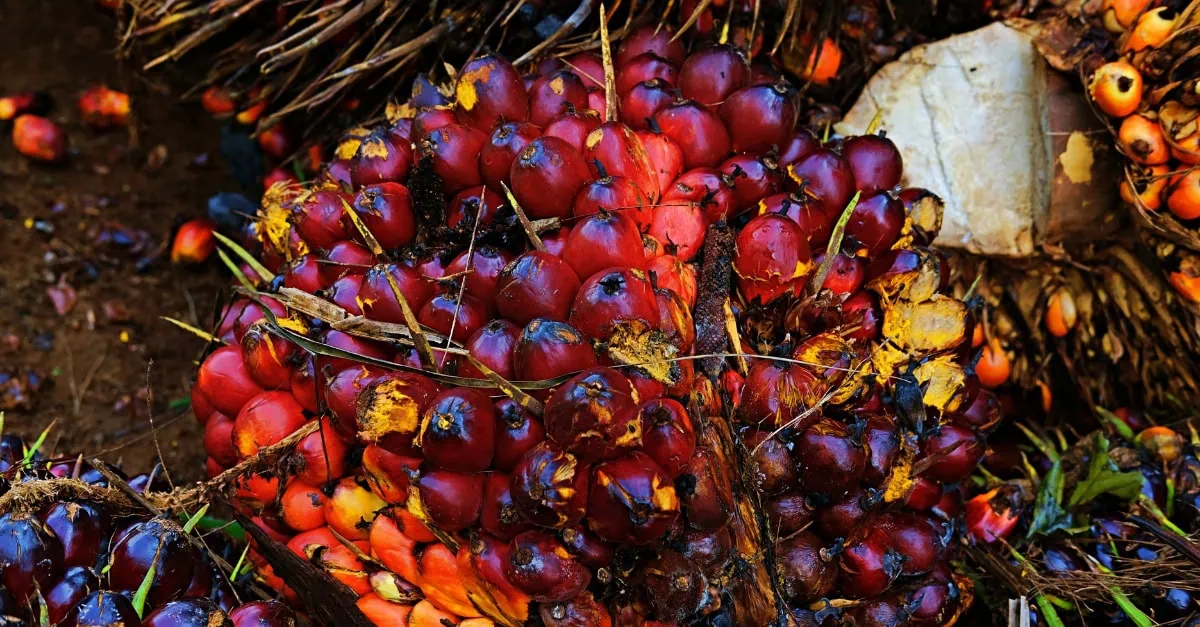European biodiesel markets face potential restructuring following policy discussions in Germany and the Netherlands that could significantly alter how advanced biofuels are counted toward renewable energy targets.
Germany is considering ending double counting for advanced biofuels in its greenhouse gas quota system. According to an internal memo from industry association VDB, the energy ministry expects a legal amendment to take effect on January 1, 2026, coinciding with the EU’s RED III legislation implementation into German law. A government vote on the matter, originally scheduled for this week, has been postponed to November 12.
The proposed change would have significant implications for UCOME (used cooking oil methyl ester), which could become substantially less relevant in Germany’s biodiesel market. Market sources indicate this shift would likely increase demand for HVO (hydrotreated vegetable oil), which does not face blend wall limitations in Europe’s largest biodiesel-consuming market.
This policy adjustment could also support rapeseed oil demand, potentially offsetting downward pressure from this year’s larger crop as the market relies more heavily on HVO production.
Germany is simultaneously addressing supply chain integrity concerns. The environment ministry has reached an agreement on “protection of trust” provisions, which would allow authorities to cancel certificates generated through fraudulent activity, including false declarations of biofuel imports. Sources indicate this could apply retroactively for two years, potentially disqualifying some small- to medium-sized suppliers from selling to Germany and creating a premium in the German market.
“This possibly means that if this law is introduced, large buyers such as Shell will include clauses in their contracts transferring liability to suppliers for any potential fraud,” said one market player.
The Netherlands is pursuing similar reforms. The Dutch Emissions Authority has confirmed that UCOME will be treated as a fossil fuel if supplied to the maritime sector under the country’s upcoming RED transposition. While UCOME will remain eligible for compliance in road transport and inland waterways sectors, bunkering demand for UCOME is expected to decline.
These policy discussions come amid shifting market dynamics. Biodiesel prices have mostly increased over the past two weeks, with FOB ARA prices showing FAME 0 at $1,335/mt (up $40/mt), UCOME at $1,510/mt (up $42/mt), and FAME-10 at $1,425/mt (up $59/mt). UCO-based HVO decreased to $2,530/mt (down $100/mt).
Prices were driven by a spike in LSGO (low sulfur gas oil), which made biodiesel blending more attractive. The LSGO spot price jumped $80/mt to $724/mt. The US sanctioned Russia’s two largest oil majors, Rosneft and Lukoil, and these companies are now forced to sell assets abroad, which could cause supply disruptions. India also announced that it may reduce imports from Russia.
UCO feedstock prices remained stable, with EXW Netherlands at €1,075/mt and CIF ARA at $1,150/mt. European Commission data shows EU UCO imports reached 115,947 mt in October, up from 108,156 mt in September but below the 128,000 mt imported in October last year. For the January-October period, total EU UCO imports reached 1.550 million mt, compared with 1.427 million mt during the same period last year.
This newsarticle is part of a more comprehensive market analysis. For the full analysis, visit: https://app.vespertool.com/market-analysis/2422





